From the headwaters of California’s rivers to the streams and estuaries up and down the west coast and out into the Pacific Ocean, the Fisheries Collaborative Program’s research is coursing a path toward a more sustainable future for marine and freshwater fish species and their habitats. Explore what we do.
Coastal Salmonid Ecology
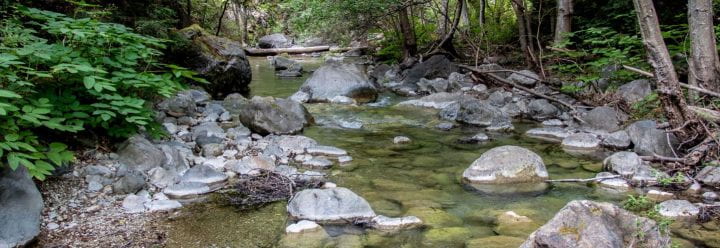
Investigating and supporting the persistence of small steelhead trout populations in dynamic environments (Big Sur, California).
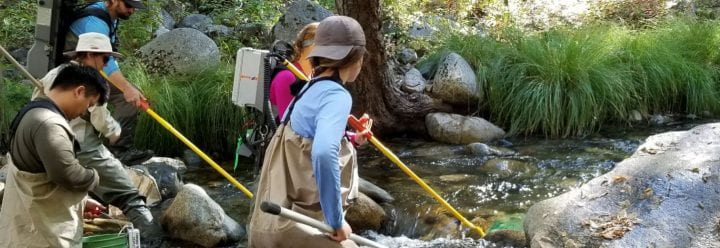
Studying the ecology of steelhead trout in the Carmel River to support the conservation and management of this ESA-listed species.

Providing science and tools that stakeholders and decision-makers need to understand salmon management actions.
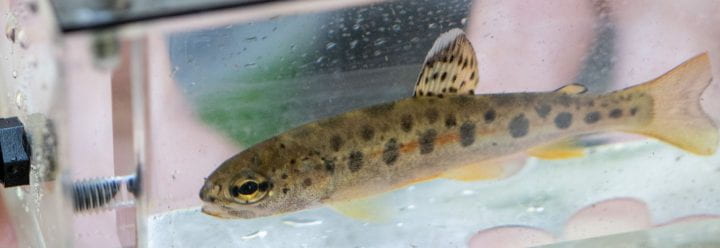
Leading the conservation and recovery of coho salmon and steelhead trout throughout the Santa Cruz Mountains and coast.
Central Valley Anadromous Fish Ecology
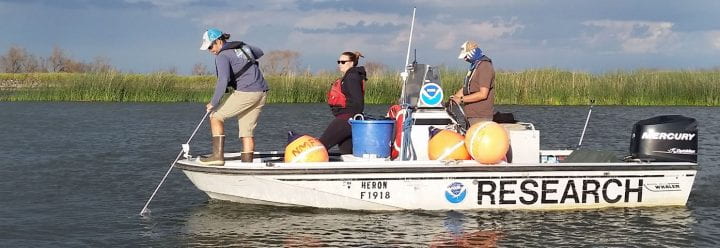
Supporting the conservation and management of California Chinook salmon through tracking and modeling.
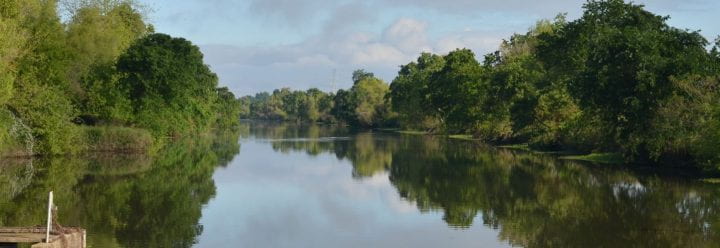
Developing detection and modeling techniques to monitor threatened green sturgeon populations in California’s Central Valley.
Marine Fish Ecology and Stock Assessment
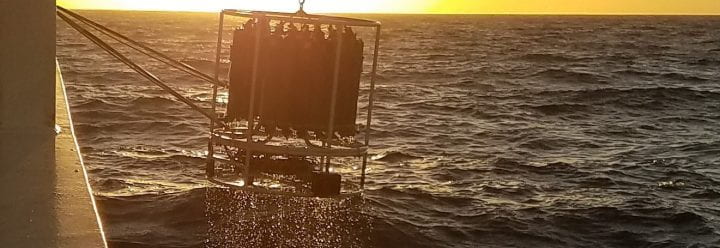
Leading innovative survey efforts to assess the population dynamics of coastal pelagic fish species.
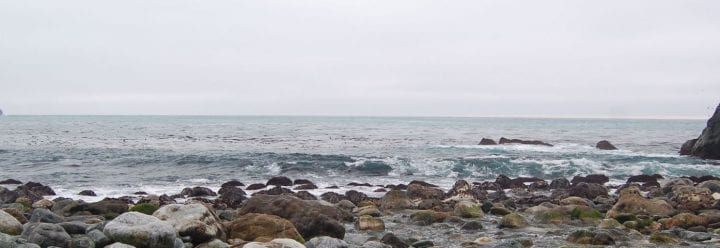
Investigating life histories, trophic dynamics, and management strategies for coastal pelagic and highly migratory fish species.
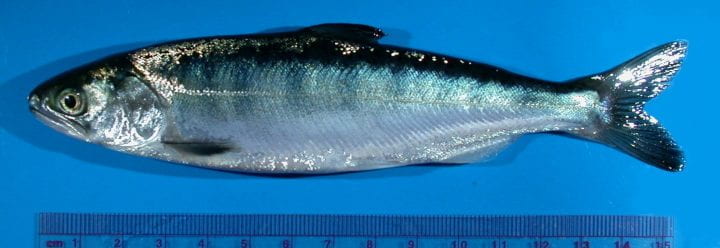
Investigating juvenile salmon distribution and survival through the integration of survey data into an ecosystem modeling framework.
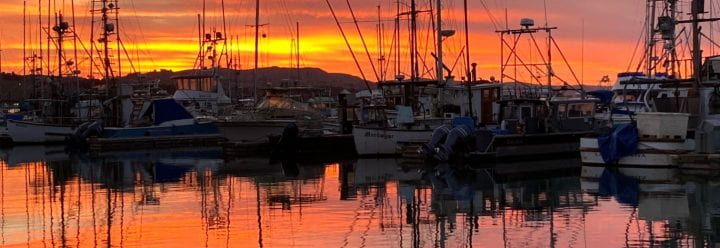
Using state-of-the-art machine learning algorithms to inform ecosystems-based fisheries management.
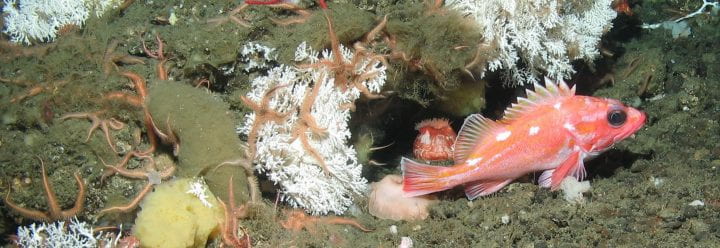
Investigating the life history, reproductive ecology, and habitat associations of groundfish populations throughout the California Current.
Environmental Variability and Climate Change
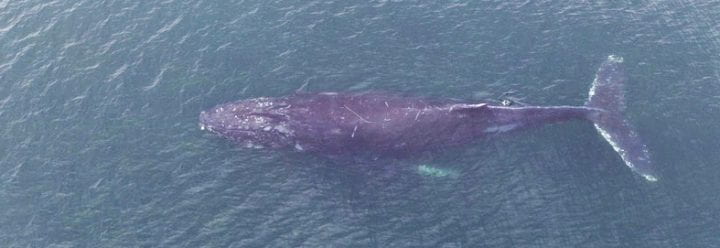
Linking physical processes and marine populations to inform ecosystem-based fisheries management.
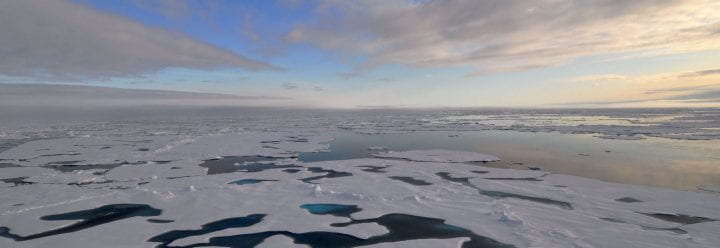
Improving the understanding and management of the ocean's resources by facilitating the use of the environmental data provided by satellite ocean sensors.
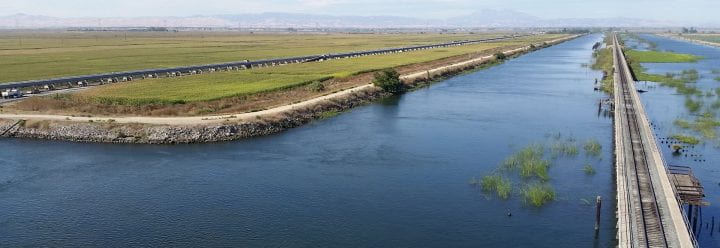
Developing innovative water planning tools to advance sustainable, inclusive, and equitable water distribution for California.
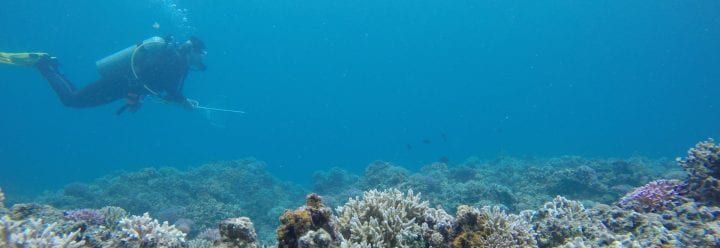
We study how species adapt to rapidly changing environments to inform global stewardship and train the next generation of scientific leaders.
Fish Ecology and Evolution
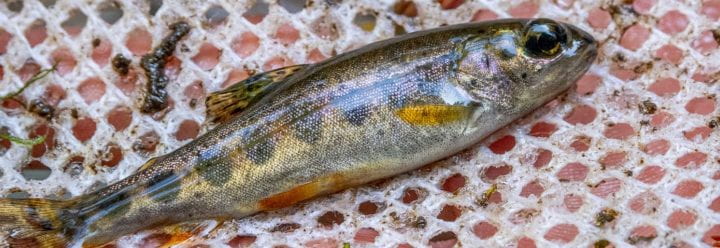
Working at the interface of ecology and evolution to understand aquatic organisms and ecosystems.
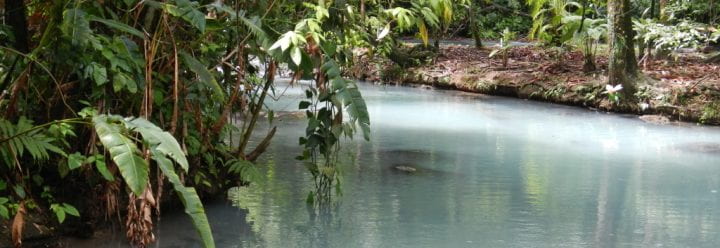
Our work focuses on understanding how different Poecillid fish species repeatedly adapt to live in toxic, sulfide-rich, streams.
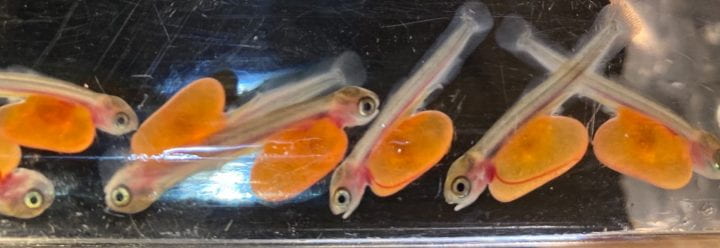
Supporting salmonid management and recovery efforts through integrated genetic monitoring and evaluation.
